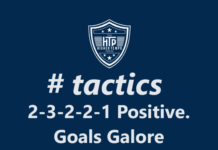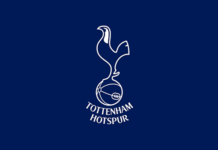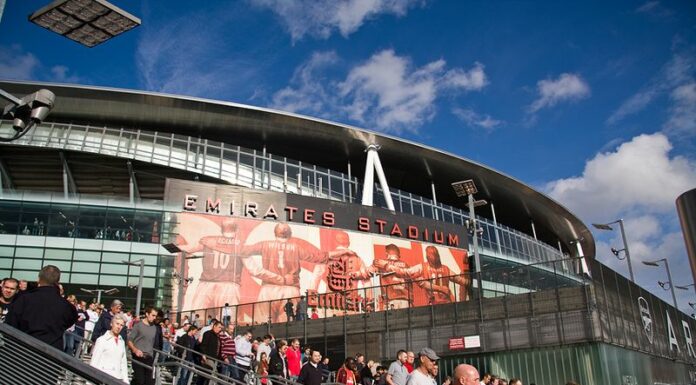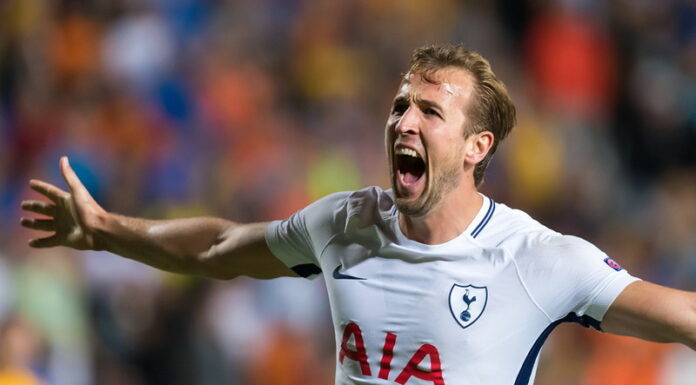The football landscape has changed drastically in the last two decades. It is dominated by the mega rich and “super clubs”, be that pre-existing or newly anointed. Generally speaking the upper echelons of European football is a closed shop. Clearly there are exceptions to this where a plucky underdog gets it’s moment in the sun. See Atletico Madrid with one third the wage expenditure of Barcelona or Real Madrid and the most preposterous of underdog stories that is Leicester City.
Is it possible to consistently challenge the very biggest clubs? Overall I’d say the answer is no with a traditional approach. Of course Atleti are an amazingly well coached side but without a master tactician in Diego Simeone, does anyone really anticipate sustained success? Coaches come and go in the modern game. That’s the huge advantage financially superior clubs have, they can hire and fire a list of interchangeable managers and still cover up their mistakes off the pitch with an exorbitant amount of money thrown at the problem. So without an enormous influx of cash, how would a club go about addressing the balance in this unfair game?
System, structure, philosophy – whatever you want to call it, clubs need to look at things differently, specifically player recruitment. If you recruit players in the same way as Real Madrid or Barcelona off the pitch, then inherently you’ll lose to them on the pitch. They’ve got more money, are more attractive to prospective players and, as highlighted, can cover up any false steps with more investment.
Do I believe in football there is a standalone formula that can address the balance? Absolutely not. But Football Manager is not real life. We have a wealth of information that can be taken as fact within the game world, actual football clubs don’t have that luxury. Sports Interactive have kindly given every player in the game a rating from 1-20 for every skill the game accounts for. The reality of scouting is far different to that so many more factors need to be taken into account. Coaching isn’t decided on a 5 star system and as far as I’m aware the game doesn’t take into consideration if a player or coach for that matter is going through a divorce or simply has lost their love for the game. As far as Football Manager is concerned, all of that plays directly into our hands.
Football Manager is simple in comparison because the game world can be taken as gospel, there are no grey areas and therefore players can be distilled down into something resembling a metric. A metric that cuts through all of the noise and confusion, all of the traditional methodology and predetermined biases. Leaving a fair but clinical way of deciding what a player is. Is your star player vastly overpriced in the transfer market? What about that right back your rivals have transfer listed because he doesn’t fit their new manager’s vision? Essentially it’s all about value. Is player X more valuable than player Y? Or can he be replaced with a cheaper and hopefully more effective alternative.
Generally speaking for this approach to work you have to take a certain view on football. The first step is to determine if specific attributes are under-priced or indeed over-priced. Finding value where others don’t see it, stealing assets from under the noses of rivals shouldn’t be easy but if they are playing by a different set of rules then it will be exactly that.
The formula I’ve devised to rate players is quite simple when understood. It looks at 8 key traits then factors in the age of the player. So if player X is 19 years old and is rated similarly to player Y who is 27 then logic suggests player X is a far more sensible transfer target, without even examining potential or what percentage value I place on how much a player can improve.
This is the part of the article where I should start referencing the fantastic Soccernomics by Simon Kuper and Stefan Szymanski or The Numbers Game by Chris Anderson and David Sally. But if you’ve made it this far I can only assume that you have either read both books or are about to directly after this article.
Alongside this one-size fits all formula (unless looking at a goalkeeper) I propose playing the game with a set of rules of our own. Nothing like the aforementioned super clubs.
The Rules
- A player’s score is all that matters when making a decision on that player.
- If two players have the same or very similar score then always buy the younger player unless there is a large asking price difference.
- Strength in-depth is more important than star power. Once the system is fully implemented then anyone can be sold at the right price as there is, at a minimum, one replacement in the squad. Ideally several including the reserve and youth squads.
- Invest in staff and training facilities. Overall this is a cost effective way of maximising the talent at your disposal. Big clubs have great facilities but are impatient and it’s actually far easier to compete for excellent staff and it’s an underrated edge.
- Trust coaching. 5 leftbacks with a great score? No problem, look at retraining some of those players and be flexible tactically. Like everything, there is a tipping point but do not move on from a player due him not being an obvious fit.
- Never sign a player at 30 or above.
- Make a decision on a current player by the age of 28. 28 to 30 is the “sweet spot” for selling a player. Make contingency plans and be clinical not sentimental (again – slightly different for a goalkeeper).
It’s stating the obvious to suggest the rules will naturally evolve over time and with a larger sample size but the above rules represent the way in which I want to play the game.
This article is a precursor for my next exciting project. It is fundamentally a detailed explanation of how I’ll tackle my role at a (as yet) undecided new club. When considering potential landing spots, my first inclination was to go through all of the major leagues and look at the gulf in total wage spend. Some examples of this would be anyone outside of the big two in Spain and anyone but Bayern in Germany. You get the idea. But I will also be considering reclamation projects. A club that has gone about things in the wrong way for a number of years and needs a fresh approach to firstly restore pride then hopefully bring success.
























Comments are closed.